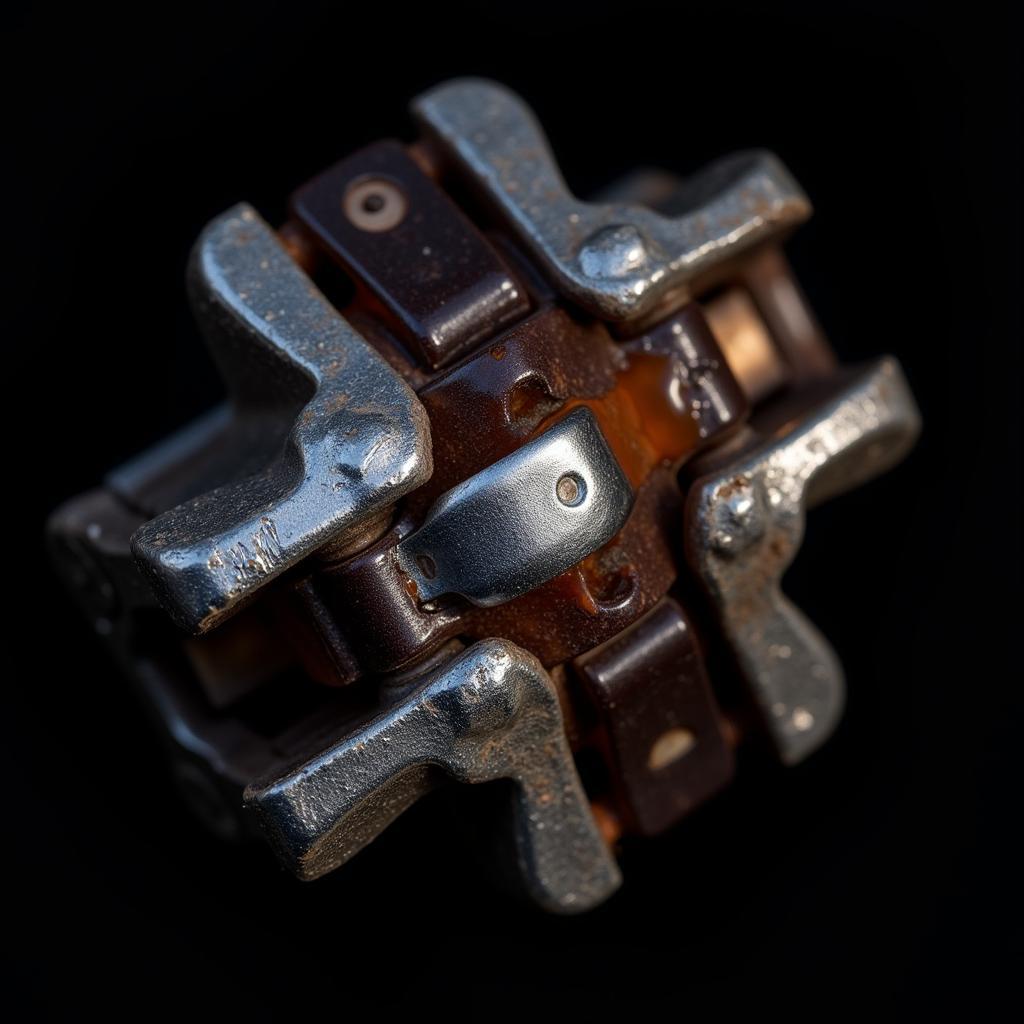The electrical system in your car is like the nervous system in your body. It’s a complex network that controls everything from starting your engine to powering your headlights. When it’s working properly, you probably don’t even think about it. But when something goes wrong with your car repair electrical system, it can cause a whole host of problems.
Understanding Your Car’s Electrical System
Your car’s electrical system consists of several key components:
- Battery: The heart of the system, storing energy and providing power to start the engine.
- Alternator: Charges the battery and powers the electrical components while the engine is running.
- Starter Motor: Draws a large amount of power from the battery to crank the engine and get it started.
- Wiring Harness: A network of wires that connect all the electrical components.
- Sensors: Gather information about the engine and other systems, sending it to the ECU.
- Electronic Control Unit (ECU): The brain of the system, receiving data from sensors and controlling various components.
Common Car Electrical System Problems
Identifying the source of electrical issues can be tricky. Here are some common culprits:
- Dead Battery: A common cause of starting problems, often due to age, extreme temperatures, or leaving lights on.
- Faulty Alternator: If your battery keeps draining, a faulty alternator that isn’t charging properly could be the issue.
- Malfunctioning Starter Motor: A clicking sound when you turn the key could indicate a failing starter motor.
- Damaged Wiring: Worn or damaged wiring can cause shorts, blown fuses, or complete electrical failure.
- Blown Fuses: Fuses protect circuits from overloads. A blown fuse usually indicates a problem in the corresponding circuit.
Diagnosing Car Electrical Issues
Diagnosing electrical problems requires specialized knowledge and tools. Here’s a general idea of how professionals troubleshoot these issues:
- Visual Inspection: Technicians examine the battery, wiring, and connections for any visible damage, corrosion, or loose connections.
- Battery Testing: A battery tester is used to check the battery’s voltage and cold cranking amps (CCA) to assess its health.
- Alternator Testing: With the engine running, the alternator’s output voltage is measured to ensure it’s charging correctly.
- Scanning for Codes: Using a diagnostic scanner, technicians can read error codes stored in the ECU, providing clues about potential electrical faults.
“Electrical problems can be intermittent and challenging to pinpoint. It’s crucial to rely on experienced technicians with the right tools and expertise.” – John Miller, Senior Automotive Electrician
Preventing Car Electrical Problems
While not all issues are preventable, these tips can help:
- Regular Battery Maintenance: Clean battery terminals, check the electrolyte level (if applicable), and have the battery tested regularly.
- Avoid Jump Starting Frequently: Frequent jump-starts can strain and shorten the lifespan of your battery.
- Turn Off Electrical Components When Not in Use: Don’t leave headlights, interior lights, or accessories on for extended periods when the engine is off.
- Schedule Routine Inspections: Regular checkups can help catch potential problems early.
Car Repair Electrical System Repair Costs
Repair costs vary widely depending on the problem, vehicle make and model, and labor rates.
- Battery Replacement: $100 – $300
- Alternator Replacement: $300 – $800
- Starter Replacement: $200 – $600
- Wiring Repair: $50 – $500+ (depending on the extent of the damage)
When to Seek Professional Help
Attempting to diagnose and repair electrical system issues yourself can be dangerous and potentially cause further damage. If you experience any of the following, it’s best to consult a qualified mechanic:
- Difficulty starting your car
- Dimming or flickering lights
- Burning smell coming from the dashboard or engine compartment
- Warning lights on the dashboard (e.g., battery, check engine)
- Unusual noises from the starter motor
Don’t ignore the signs of a troubled car repair electrical system. Timely diagnosis and repair can save you from headaches, costly repairs, and potential breakdowns. You can find reliable and affordable car electrical system repairs at CarRepairOnline. Our expert technicians can quickly diagnose and fix any electrical problem, ensuring your car is safe and reliable. We also offer car electrics repairs in Hertford and car electrical system diagnosis and repairs in the Telford area.
FAQs
Q: How often should I replace my car battery?
A: Car batteries typically last 3-5 years. However, factors like climate and driving habits can affect their lifespan.
Q: Can I jump-start my car with a dead battery?
A: Yes, but it’s essential to follow safety procedures and use proper jump-starting cables.
Q: Why is my car battery draining quickly?
A: This could be due to a faulty alternator, a parasitic drain (electrical component drawing power when the car is off), or leaving lights on accidentally.
Q: What is a parasitic drain?
A: A parasitic drain occurs when an electrical component continues to draw power from the battery even when the car is off, slowly draining the battery over time.
Q: What should I do if my car’s electrical system smells like burning?
A: Immediately turn off the engine and disconnect the battery. This could indicate an electrical fire hazard. Contact a mechanic right away.
“Regular maintenance and addressing electrical issues promptly can significantly extend the life of your car’s electrical components.” – Sarah Thompson, Certified Automotive Technician
Need expert help with your car’s electrical system? Contact CarRepairOnline today for reliable car electrical system repair. We also provide information about car electrical system repair costs. Our team is dedicated to keeping your vehicle running smoothly.
For immediate assistance, reach out to our 24/7 customer support via WhatsApp: +1(641)206-8880 or email: [email protected].



